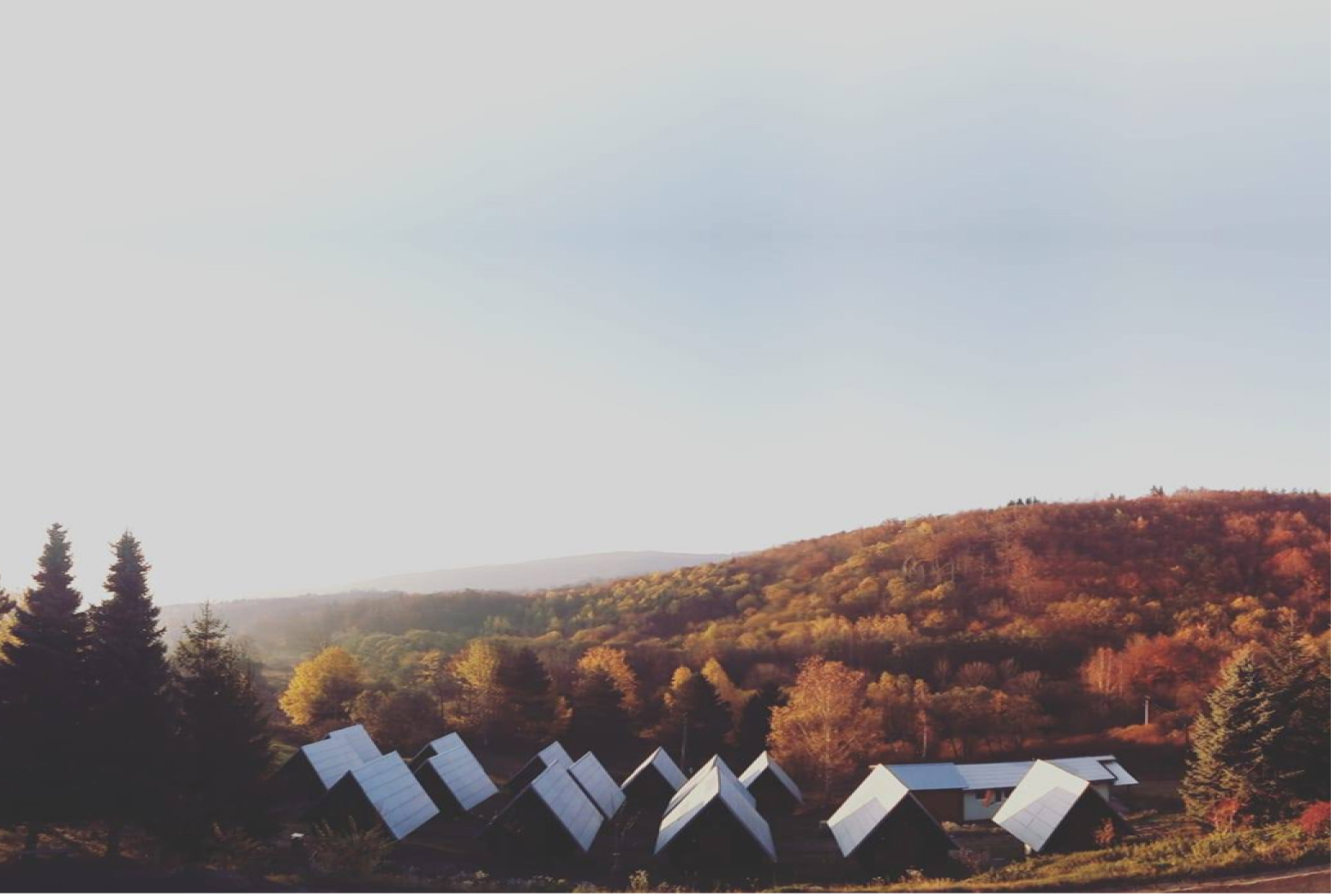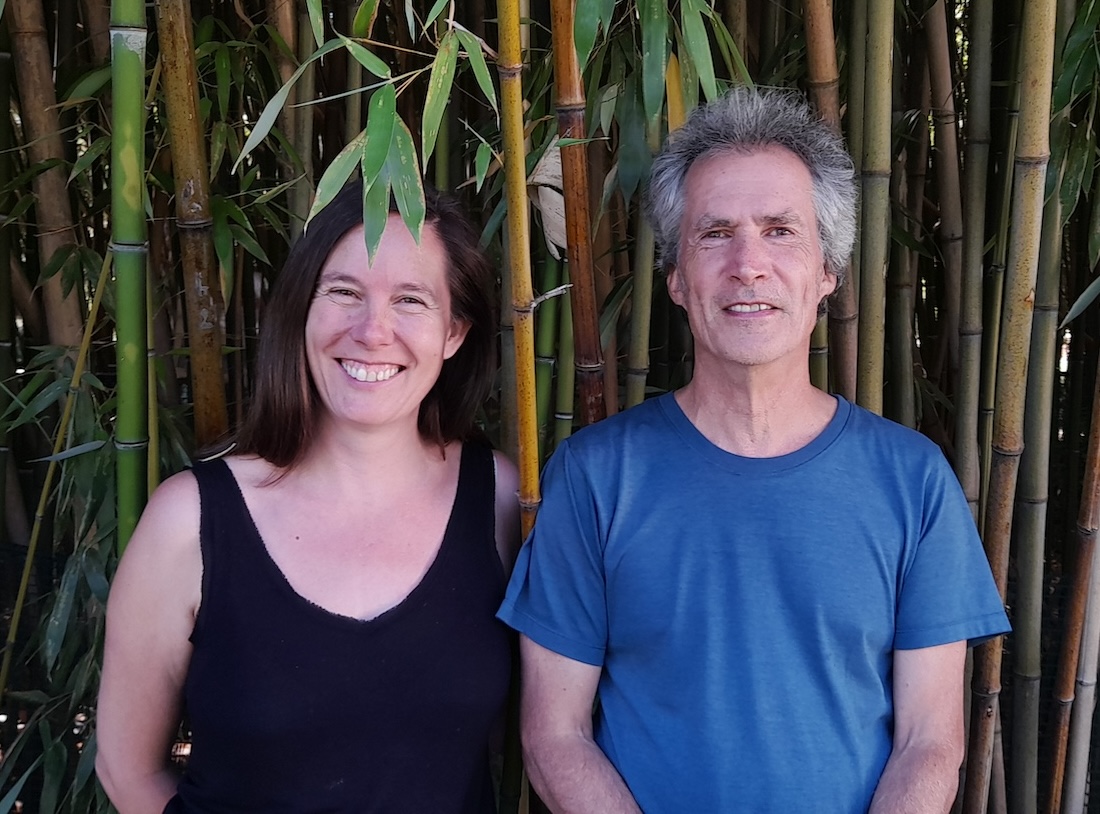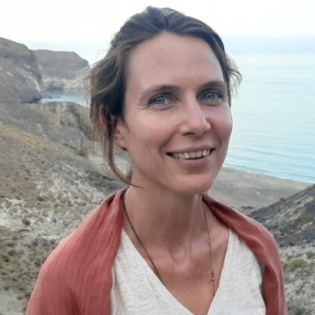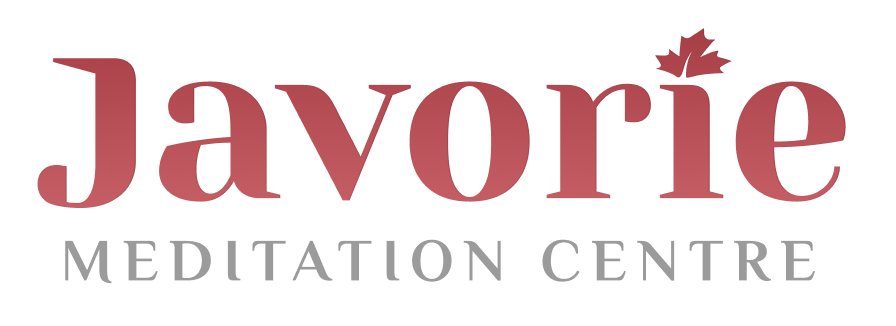Meditation courses with experienced teachers provide indispensable guidance that is essential for a proper meditation practice. With years of experience, a good teacher can help you overcome obstacles in meditation and support your efforts.

Meditation course with Katarina Biresova and Vaclav Smilauer(Vipassana)

Metta Meditation course with Hannes Huber and Bianca Blaickner

45 day course with Beth Upton
Courses
Practical information
Practical information on courses for those who want to be well informed before starting their stay.
”"You should meditate for twenty minutes a day - unless you're too busy. Then you should meditate for an hour."
Zen proverb
How does a meditation retreat work?
Is it necessary to have previous meditation experience to attend the course?
There is no need to have previous experience of meditation. A sincere effort to surrender to the guidance of an experienced teacher is enough. At the same time some courses may be open only to more experienced meditators (so-called old students), such a course will always be visibly marked. Likewise, in the case of individual meditation (self-retreat), this is recommended only for more experienced meditators.
How will it all work and what if I can't sit still for that long?
The meditation classes follow the program that the teacher pins on the bulletin board on the day of arrival. The custom is to alternate sitting meditation with walking meditation. The program can be strongly structured or looser depending on the teacher’s approach. Meditation takes place primarily in the meditation hall, with the option to practice in the rooms or outdoors (depending on the weather and the needs of the meditators). Walking meditation (chankamana) can be done outdoors – in front of the building, on the grass, on the sand under a shelter (in the summer months), “in the nearby downstairs meditation room in case of rain, or in the corridors of the main building. Once a day (usually in the evening) there is a teacher’s talk (Dhamma talk) and loving-kindness meditation (metta).
If for health reasons you cannot sit on a cushion, we have chairs available which you can place ideally against the wall in the meditation hall and meditate sitting down.
How does the teacher interview work?
Read how to describe your meditation experience when interviewed by Bhante Dhammajiva.
Will there be any physical activities or yoga classes during the retreat?
Some teachers also add yoga or qi-gong exercises in the morning before breakfast. In case the exercises are not included, you will have space to practice your own routine before breakfast in the downstairs meditation room (you need to respect this designated time, as other participants may meditate there later – so make sure to wear appropriate clothing and keep respectful silence during the exercises).
Karma yoga – the so-called yoga of action – is also a daily part of the meditation course – voluntary help to the centre. This is meditation in motion, in an activity in which you practice transferring the meditative state into everyday activities (helping in the kitchen by chopping vegetables, cleaning the common areas, outdoor chores: raking hay, watering flowers). Even during karma yoga, noble silence is observed.
What should I bring to the meditation retreat?
Comfortable, loose-fitting, non-revealing clothing without large signs, pictures or logos that may be distracting to others. Warm clothing even in summer. Waterproof clothing for the rain. A torch. A silent watch (as it is not recommended to use a mobile phone). Alarm clock, slippers for the main building.
No need to take jewellery, jingling ornaments that might disturb other meditators.
Will I have my own room during the retreat? Can I share a room with a friend?
We accommodate 2 or 3 people per room, depending on the availability. If capacity permits, there is a possibility for a single room for an additional fee. We can usually provide information about single rooms only a few days before the course, when we send course information e-mail.
We accommodate men and women separately, requests for shared accommodation for friends of the same gender can be accommodated.
Should I bring my own meditation cushion or yoga mat?
No need to carry a meditation cushion – we have meditation mats, cushions, wedges, knee pads, blankets.
If you practice yoga, bring your own yoga mat.
What if I need to leave early?
If you feel that it is too much for you, you can leave the course earlier with the agreement of the teacher.
Please, avoid scheduling an early departure in advance (unless agreed with us) out of respect for the teacher and to avoid disturbances for your fellow meditators. Please, remember that in your application form you have committed for the whole duration of the course.
Will I be able to use the phone?
It is not recommended to use a mobile phone during the meditation course – it is recommended to keep it switched off and stored in the organizers’ safe for the duration of the course. If you need to be contacted in case of emergency, give the organizers´ phone contact (which you can find in the course information e-mail received before the course). We will pass on the message to whoever called you and make the phone available.
If absolutely necessary, you may be able to have your phone with you after the agreement with the teacher (in a silent mode so as not to disturb other meditators).
What kind of food will be provided during the meditation course?
We cook vegetarian food, in case of intolerances we also prepare gluten-free and lactose-free version.
Intolerances to certain ingredients must be indicated to us in advance – in the course application form.
Can I bring my dog or other animal?
Unfortunately, we cannot accommodate pets on our meditation courses. Remember that you are going to devote this time fully to yourself and should therefore have as few distractions and disturbances as possible (as well as your fellow participants). Also, you’ll be spending a large part of the day meditating, so your pet would be alone for most of the day (and would probably show it, which could disturb other meditators and ultimately you). Dogs are not allowed loose on the grounds (due to consideration for other meditators´ practice, as well as wild animals).
What if the courses are taught in a language other than the one I speak?
Some courses are taught in Slovak or Czech, others in English. If necessary, we interpret English into Slovak or vice versa.
Information about transport
How can I get to Javorie?
All transport information can be found here.

Vippasāna
Vipassana is a Pali term that refers to the meditation of "insight" or "clear seeing". It consists of objectively, dispassionately observing the inner manifestations of the physical body, emotions, and mind as they are - in their state of nature - allowing for a deeper understanding of the nature of reality.
